IN CONVERSATION WITH: MOLLY D’ARCY
(19.02.23)
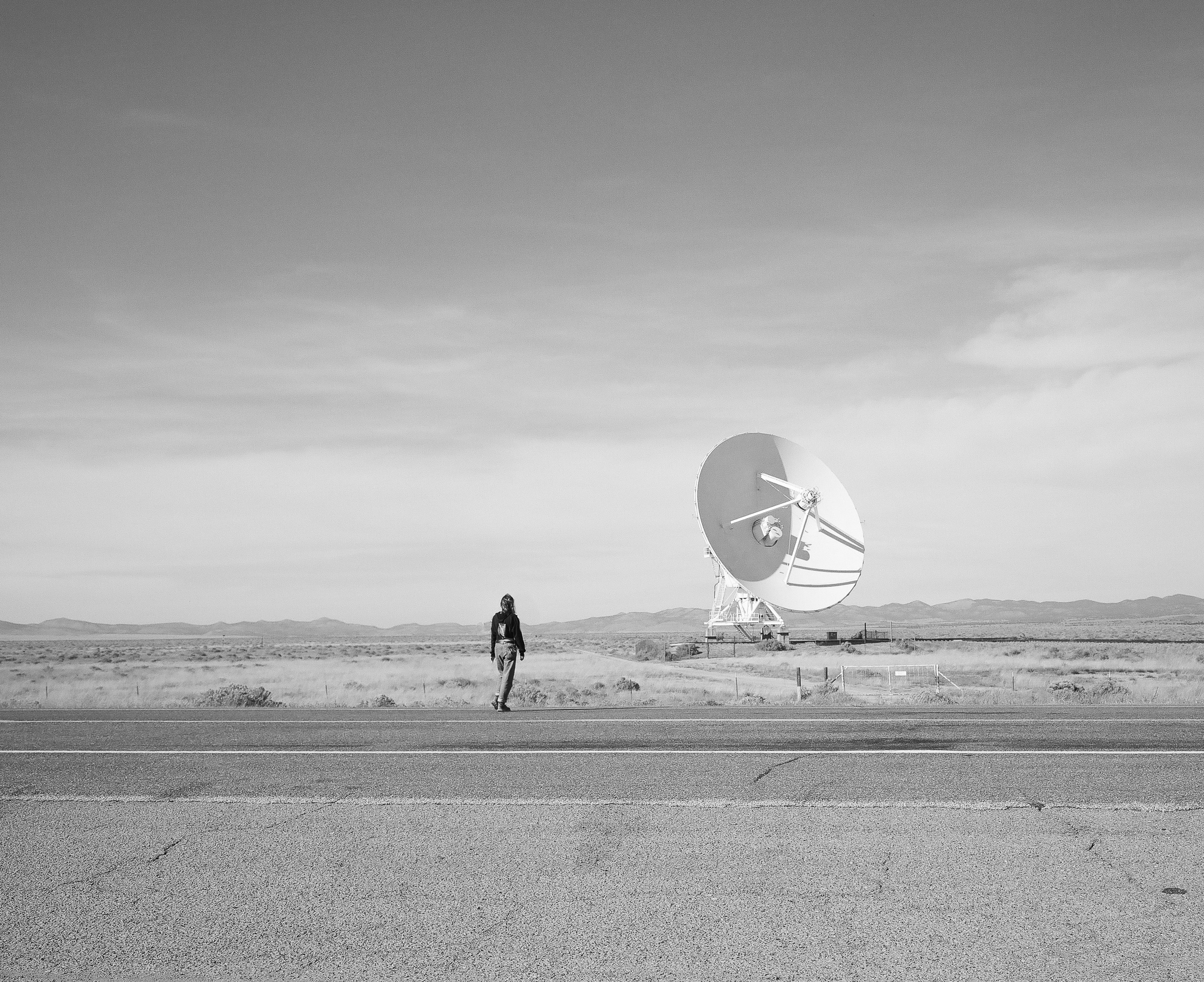

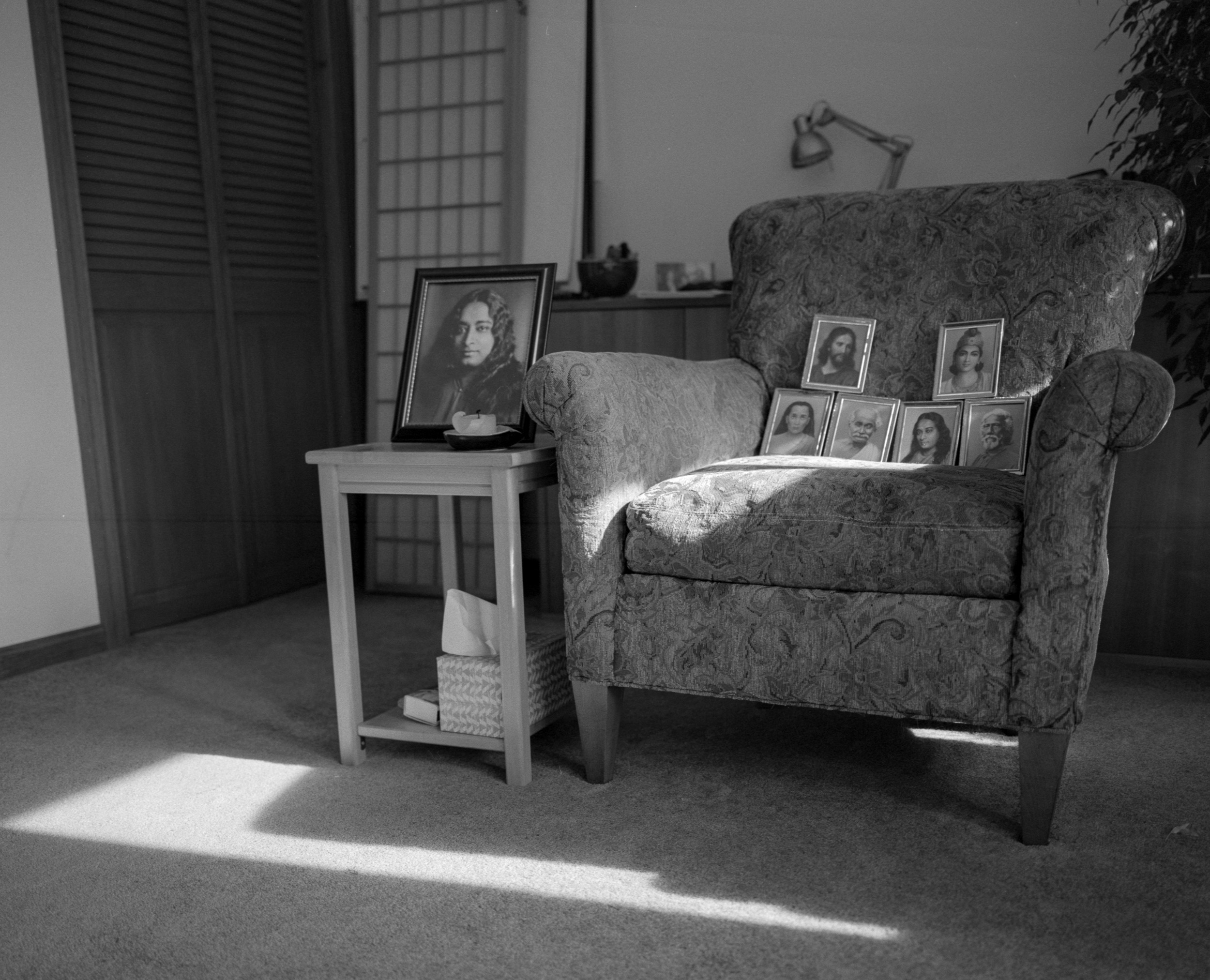



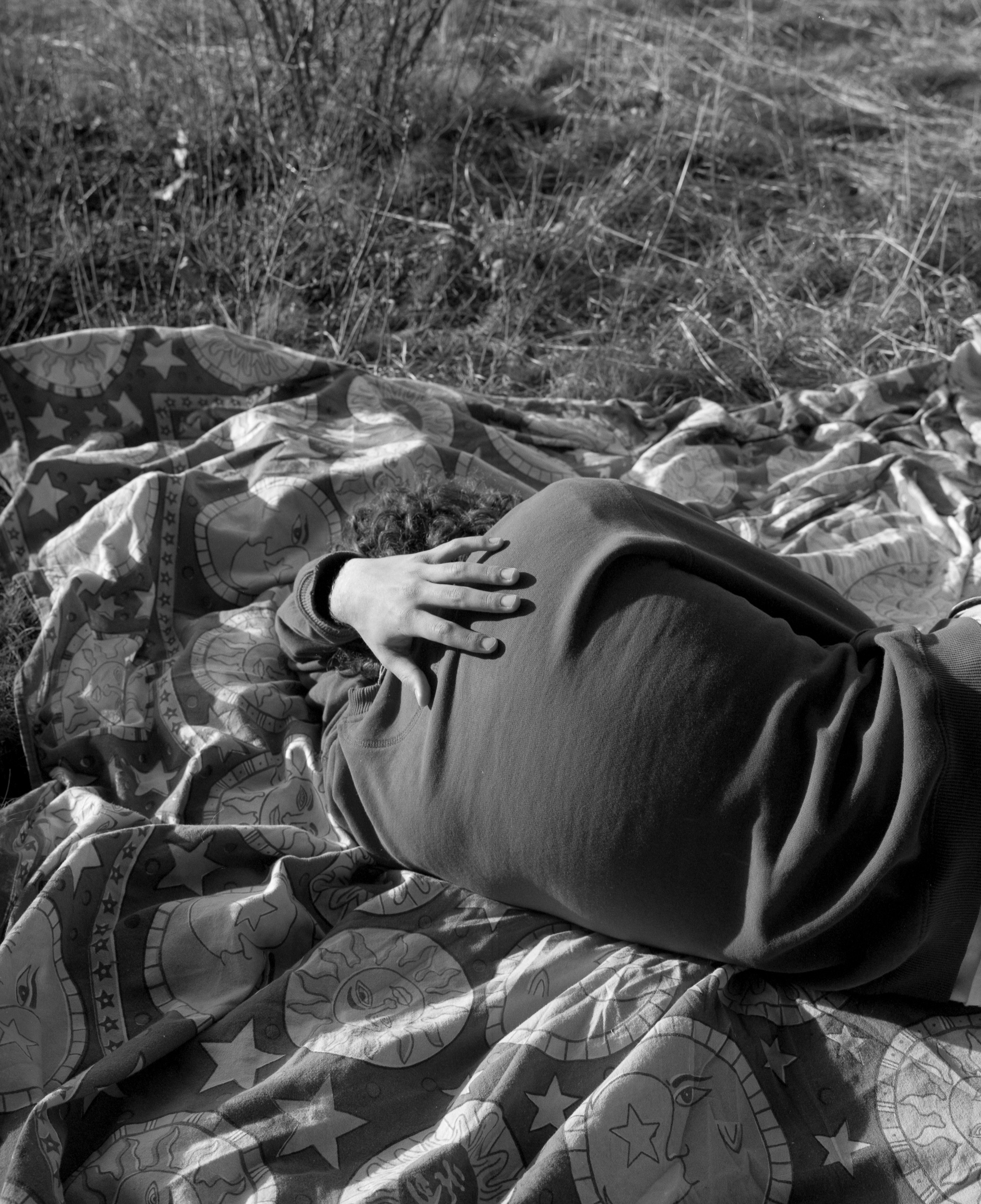


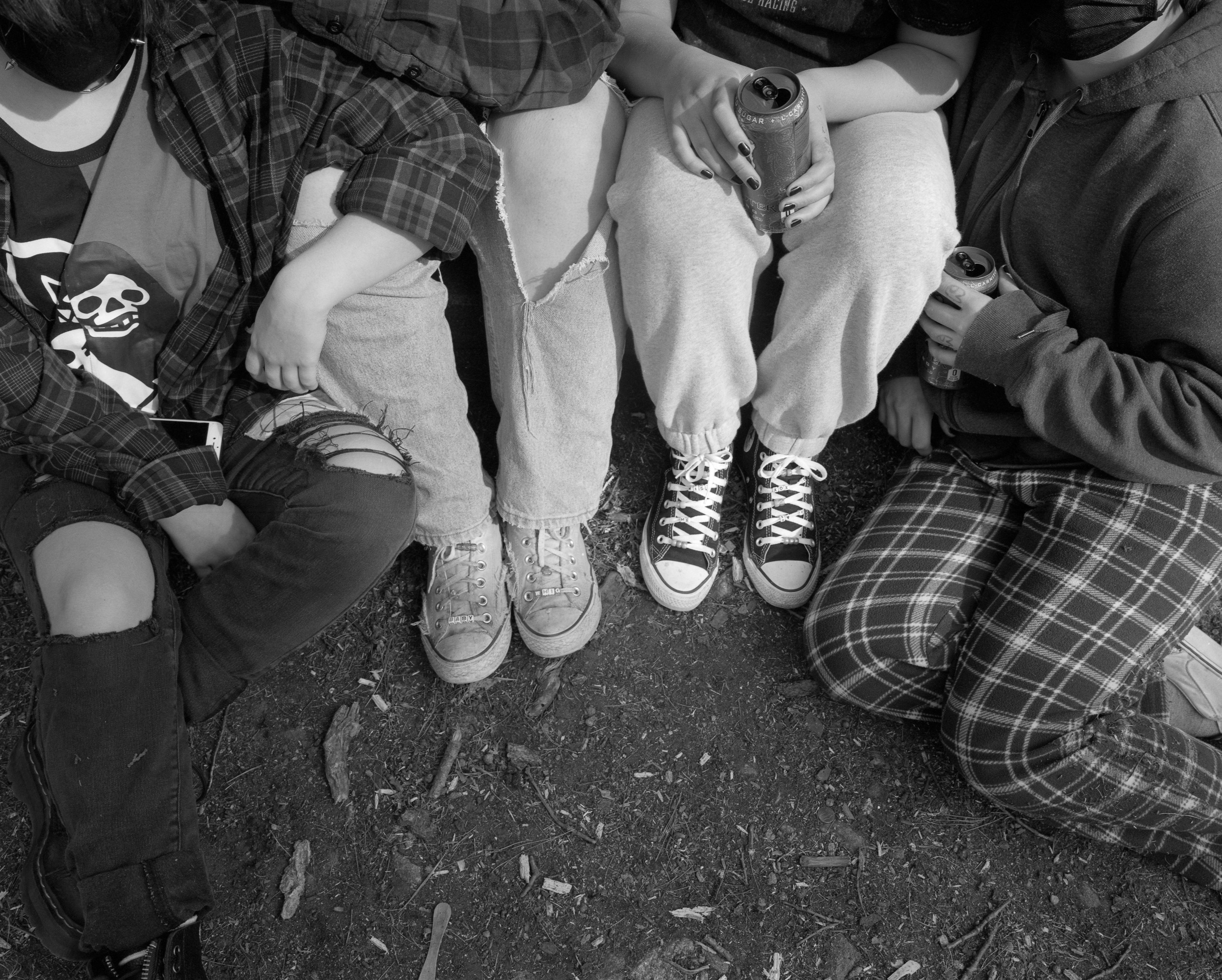

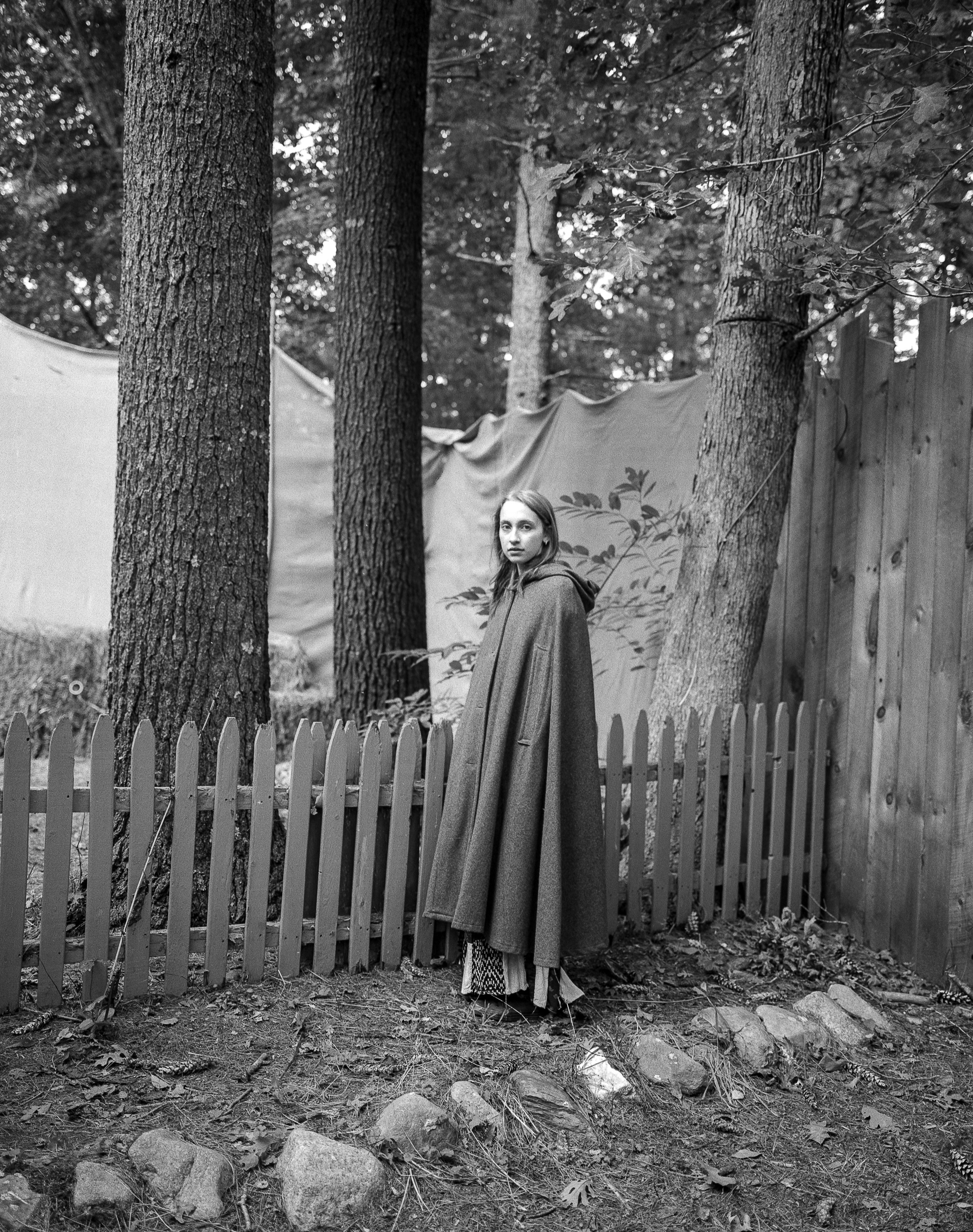

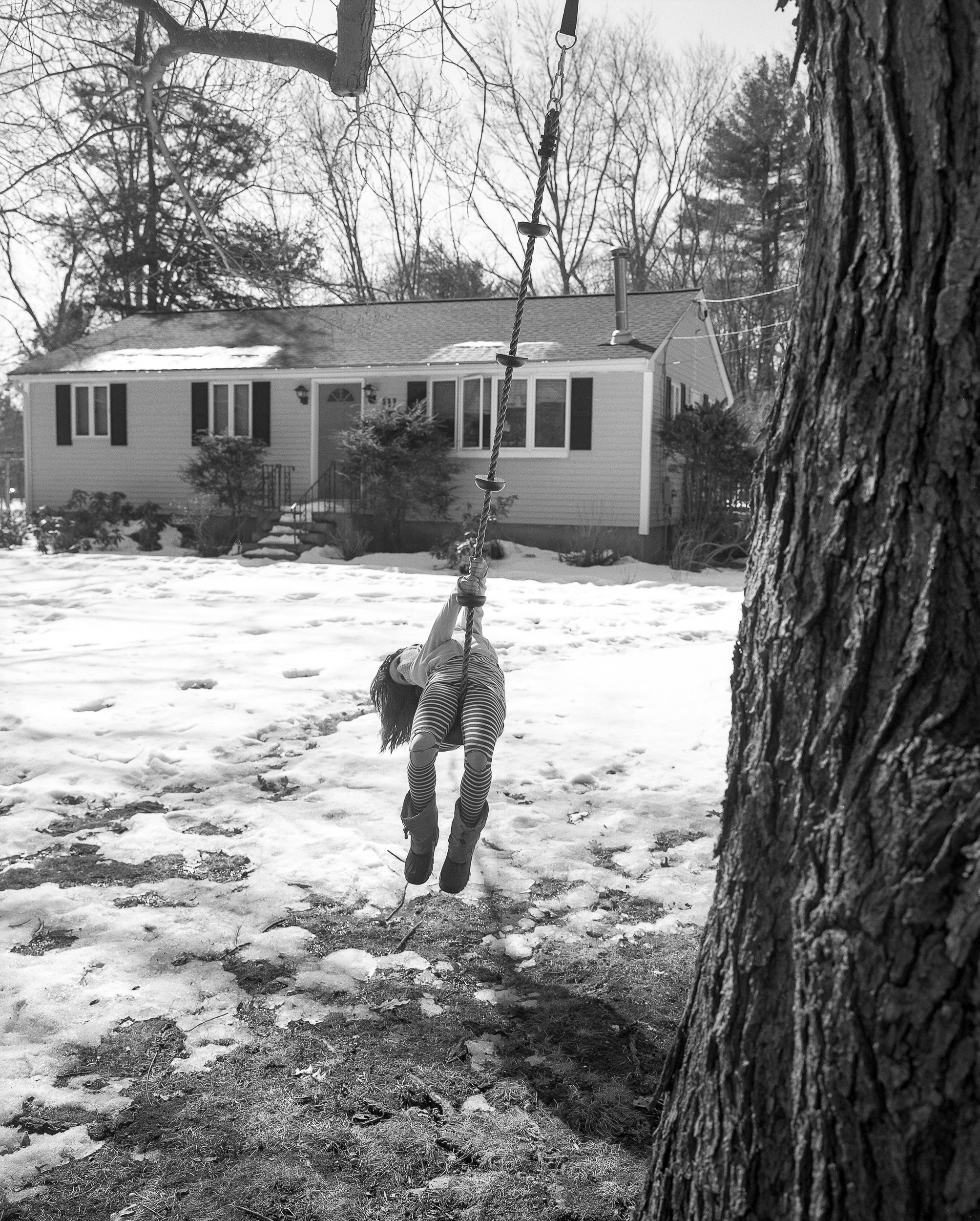



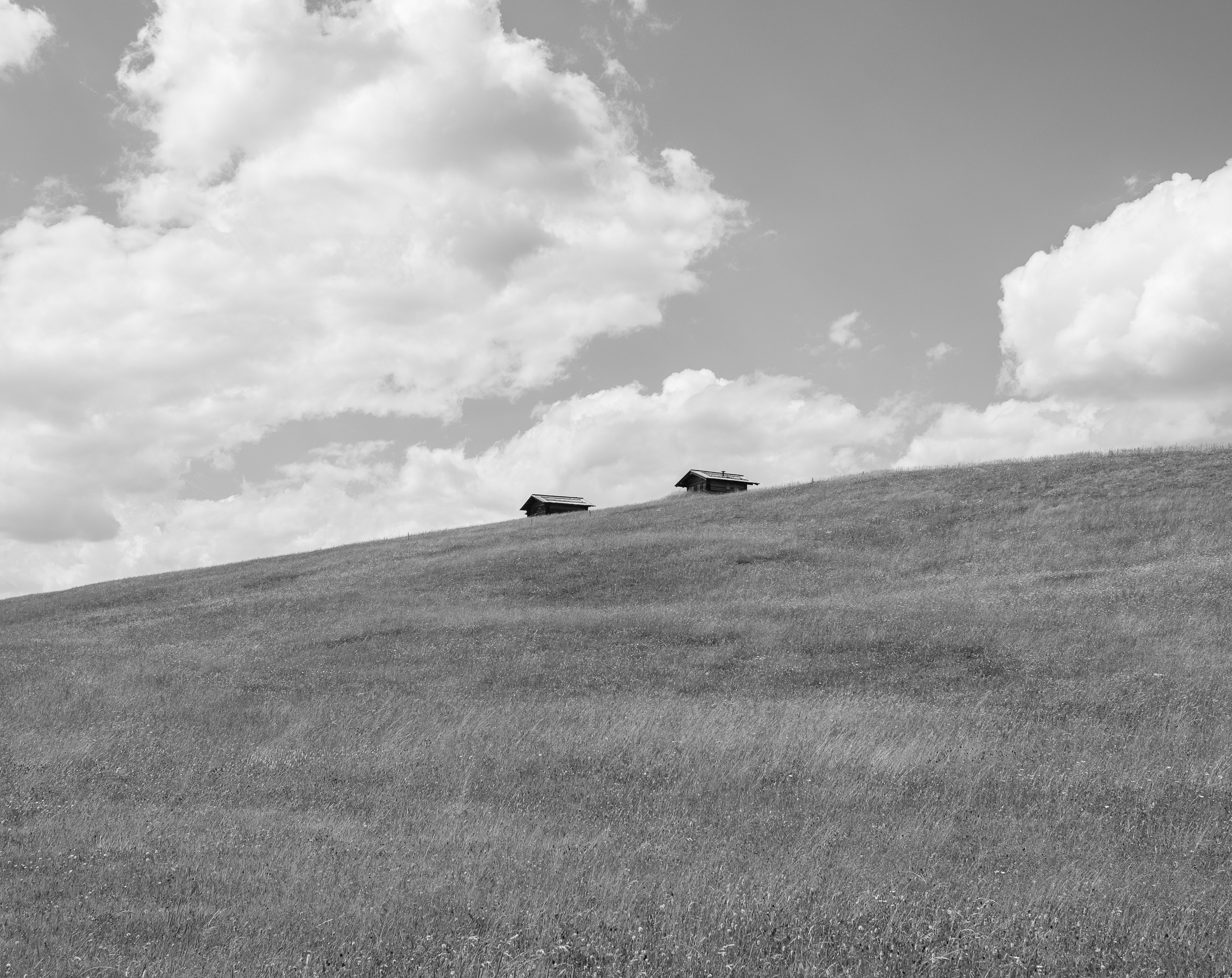
In Conversation with Adrian J. Song
Adrian Song: Thank you so much for your time Molly. Your project “The Long Road Home” is beautiful. It reminds me of stills from a film I’d very much like to see. Could you tell us more about your background and what brought you to photography?
AS: I also had one of those small digital cameras! You talk about being empowered by photography, to have the ability to be seen; or perhaps to express to others, how you’re seeing. What that being said, what draws you to a certain scene?
AS: I understand that the individuals photographed are people you have crossed paths with temporarily. Could you talk about what you've learned about yourself while building these relationships?
AS: I love the synchronicity of that situation - you were looking for a witch, and in a way, you found something magical. It would be amazing if you somehow ran into these individuals sometime in the future, I’d be extremely curious about those interactions as well. So by having this realisation, that the project is actually about your own journey, did this change the way you approached the work?
AS: You write, "The questions always on my mind are - what journey are you on, and what does this moment of interaction depict about where you’re headed? Where do you believe you are going next?" I'm wondering, are these questions something you'd like to have figured out in your own life? Let's say for example, someone could tell you exactly who you'd be and what you'd be doing in 10 years. Is that something you’d like to know?
AS: I do believe in this creative power you’re talking about, but I also believe that there are things beyond our control, ‘nature’ for example is something you mentioned above. I’m interested in this desire to align yourself closely to nature. What is it about nature that entices you?
AS: I’ll have to check out that book! It's also really cool that you have a film studies background. What are some of your favourite films, and how has this shaped how you approach your photography?
AS: Brokeback Mountain, along with Ida, are both beautiful films encapsulating incredible journeys. Film and photography are a few ways that inspire you, how else are you inspired?
AS: Thank you again Molly, for a wonderful conversation. What are you up to now and what’s next on your journey?
︎
Molly D’Arcy (b. 1997) is an American artist currently working in Massachusetts. She began making short films at the age of 12, an interest which blossomed into a passion for darkroom photography and cinematography. Her work centers around themes of journeying and has been described as extraterrestrial, something just ever on the edge of the unknown.
She nurtures her creative expression through connection with nature, spiritual practice and the exploration of the depths of both emotional life and intuition. Molly graduated from Wesleyan University in 2020 with a degree in Film Studies and is currently a work scholar at Aperture.
To see more work by Molly D’Arcy, visit - Website / Instagram
︎
Molly D’Arcy: Thank you for your time, and for this work you are doing! It’s really great. My mom sent me to darkroom camp when I was in middle school, which sounds so funny but it really was a thing – we all got Pentax K1000s and learned how to develop and print in the darkroom. There was something about holding a finished print in my hand at the end of the week that brought me a feeling of such deep satisfaction. This experience ended up shaping what I still love to do now. I think like a lot of people born in the late nineties and early 2000s, I grew up having easy access to images and the knowledge that people my age were already making them. I loved YouTube and iMovie and Photo Booth and those small digital cameras that are sort of coming back now. I think this access was deeply empowering – knowing that I had tools accessible to share something visually of myself.
AS: I also had one of those small digital cameras! You talk about being empowered by photography, to have the ability to be seen; or perhaps to express to others, how you’re seeing. What that being said, what draws you to a certain scene?
MD: Although what draws me to a certain scene over another tends to be an intuitive thing, there are certain elements or visual components that I look for. Light, of course, being one thing - like early morning light, or the progression of dusk. I also find suburbia to be so photographically fertile. I love encountering people in their yards, in their own space. They feel safe there and have the upper hand. This usually makes them more likely to allow themselves to be photographed, and I get to enter their world for a moment. I love sidewalks. I love scenes with any type of mode of transportation – cars, bikes, a subject walking, etc. I find including some type of “vehicle” in images to be so compelling, so conceptually interesting. Those are some things that usually get me out of the car, get me walking, that draw me into a scene.
AS: I understand that the individuals photographed are people you have crossed paths with temporarily. Could you talk about what you've learned about yourself while building these relationships?
MD: Like I mentioned earlier, though I do tend to photograph very intuitively, I am trying to construct more. An example of this is a portrait in the project of a girl standing wearing a cape, sort of like Little Red Riding Hood. I went out photographing that day wanting to depict witches in some way, and I found her. It was the first time something like that happened for me, where there was a 1:1 between what I was looking for and what I found, yet so much better. It made me want to keep working in that way - by holding thoughts, images, and concepts in my mind and either constructing their expression or working with a subject I find out in the world to help do it together.
It’s interesting because I was recently talking through this project with a curator who is also a mentor for artists. I was explaining how my work is about people I encounter, and the almost obsessive curiosity I feel toward them and where they are going. She said something along the lines of, “you know this project is actually about you, right? About your own journey?” That comment sort of blew my mind, because this whole time I thought I was looking externally out at the world. It seems so obvious now, but I’d never really considered that perhaps these things that we get so caught up with artistically are really just a reflection of what we are carrying within ourselves.
AS: I love the synchronicity of that situation - you were looking for a witch, and in a way, you found something magical. It would be amazing if you somehow ran into these individuals sometime in the future, I’d be extremely curious about those interactions as well. So by having this realisation, that the project is actually about your own journey, did this change the way you approached the work?
MD: My experience encountering the “witch” really did impact how I approach the project. I feel less interested in being a “wandering” photographer for now. By that I mean someone who goes out and responds to what life presents to them. I want to be clearer and more direct about what I am trying to say. More efficient, in a way. Like saying - this is what I’m thinking and feeling, this is what’s inside of me, and this is how I’m going to visually represent it. And then be unattached to how much it translates or not by letting the image have its own life.
AS: You write, "The questions always on my mind are - what journey are you on, and what does this moment of interaction depict about where you’re headed? Where do you believe you are going next?" I'm wondering, are these questions something you'd like to have figured out in your own life? Let's say for example, someone could tell you exactly who you'd be and what you'd be doing in 10 years. Is that something you’d like to know?
MD: A series of events when I was around 19 and later 21 led to my own profound realizations of how I was creating suffering in my life. I was going through a break-up and feeling socially anxious and isolated. Amid all this, in my college bedroom, I had one of those zoom out moments where I could see myself from the third-party. Some part of me “woke up,” and I felt waves of incredible bliss and euphoria. I realized the role I was playing in my own depression. I don’t know how else to describe it, but ever since that moment I’ve been prioritizing as much as I can, positive thinking and deep belief in the goodness of myself and others.
I mention this because it’s also how I approach this idea of journeying and forward-movement. I believe in the creative power we all have to shape our lives. I don’t believe we are ever at the mercy of something too powerful to override our personal strengths and longings. In the people I photograph, I want to know what type of journey they are creating for themselves, and if they too consciously believe in their own creative power.
To better answer your question – at the moment I have goals and dreams I would love to see actualized in 10 years. I would love to be making images in some way and living as close and aligned with nature as possible. Meaning, perhaps we can know what things will look like 10 years from now simply by knowing ourselves and what our deepest longings look like. But experience is such a good teacher that I feel life constantly edits, revises, and rewrites our dreams. So who knows – I’d rather just take it as it comes.
I really believe the present moment is what matters most on so many levels. We cannot achieve our goals from the future – we must do it from the now. So, I guess regardless of whatever outcome one might hope for or desire, it’s a good practice to just focus on what can be done in the present moment to best support yourself and your goals.
AS: I do believe in this creative power you’re talking about, but I also believe that there are things beyond our control, ‘nature’ for example is something you mentioned above. I’m interested in this desire to align yourself closely to nature. What is it about nature that entices you?
MD: Nature has everything to teach us. Anytime I go into the woods I am overcome with this feeling of wanting to erupt. It’s where I go to recharge and feel normal again. Rick Rubin has a chapter about this in his new book, about how nature is infinitely inspiring. He talks about how a Pantone book has a limited number of colors in it, but in nature there are no limits. There is the presence of every shade possible, and that is only multiplied by the changing light throughout the day. He says looking out at the ocean is a better mirror for us than a mirror itself. It’s so true. I think that's what entices me so much about nature - the infinite quality about it. And of course the beauty.
AS: I’ll have to check out that book! It's also really cool that you have a film studies background. What are some of your favourite films, and how has this shaped how you approach your photography?
MD: Studying film at a liberal arts school was kind of a trip because I spent so much of my time in a theatre watching incredibly niche films that I never would have encountered in any other context. I was allowed to just absorb different types of images and storytelling without having to think too much about the “how”. My favorite movie is honestly Brokeback Mountain. I love those movies where you feel like your heart got ripped out for like 3 days after, and it takes a while to feel normal again. Another of my favorite films is Ida by the Polish filmmaker Pawel Pawlikowski. Oh my god. That is an amazing film for photographic inspiration.
I love filmmaking, but I find the process too gruelling. Set life is intense. Photography works for me because it is visual, and I can do it individually, yet it still connects me with the rest of the world.
AS: Brokeback Mountain, along with Ida, are both beautiful films encapsulating incredible journeys. Film and photography are a few ways that inspire you, how else are you inspired?
MD: That’s such a good point, yes! The depth and beauty of the journeys in those films is really what makes them so good. In terms of inspiration, I think finding ways to just be with myself and my own energy and ideas really supports me creatively. It’s so easy to enjoy things that already exist, but I want to create something that feels like my own. I always find music inspiring. I also sometimes randomly get inspired and super fixated on certain individuals out of admiration for their talent, and curiosity about how they achieved certain levels of success – a recent example is Dolly Parton. She’s such an amazing songwriter! I also love reading and have been really inspired recently by a collection of writings called The Seth Material by Jane Roberts.
AS: Thank you again Molly, for a wonderful conversation. What are you up to now and what’s next on your journey?
MD: Maintaining a photographic process and creating a stream of income for myself, on my own terms, has been a priority for me over the past 2 years and is currently dictating where I live and how I structure my time. I work part-time at an art gallery, and I am also a work scholar at Aperture. There has been so much challenge and growth in these past couple years. I am taking things one step at a time and hoping to keep nurturing this project and other things in the works. Thank you so much for your time and super insightful questions! It’s been great.
︎
Molly D’Arcy (b. 1997) is an American artist currently working in Massachusetts. She began making short films at the age of 12, an interest which blossomed into a passion for darkroom photography and cinematography. Her work centers around themes of journeying and has been described as extraterrestrial, something just ever on the edge of the unknown.
She nurtures her creative expression through connection with nature, spiritual practice and the exploration of the depths of both emotional life and intuition. Molly graduated from Wesleyan University in 2020 with a degree in Film Studies and is currently a work scholar at Aperture.
To see more work by Molly D’Arcy, visit - Website / Instagram
︎